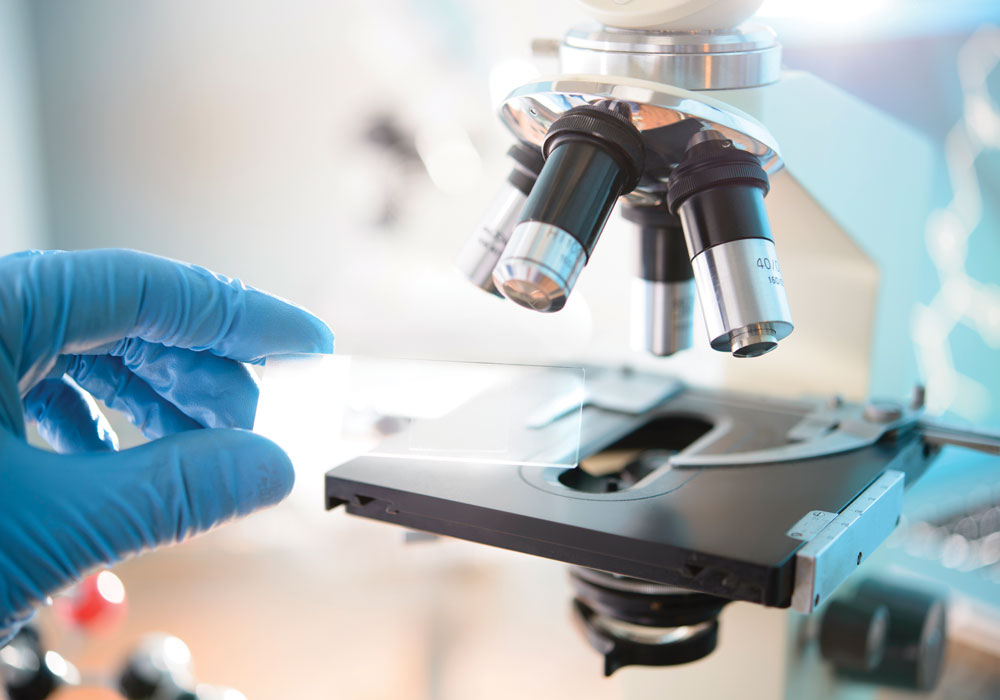Researchers have developed two new gene-based tests that detect DNA mutations that lead to bladder, endometrial, and ovarian cancers. The tests, which are not yet U.S. Food and Drug Administration approved, could be used to identify a new or relapsed cancer earlier, when it is easier to treat.
UroSEEK uses a combination of urine samples and cytology to find mutations in 11 genes or the presence of abnormal chromosomes that indicate DNA associated with bladder cancer. Study findings published in eLife showed that it significantly enhanced early detection for patients who are at risk for bladder cancer and in surveillance of patients who were already treated for bladder cancer.
In the study that involved 570 patients at risk for bladder cancer, UroSEEK alone was 83% accurate in predicting those who went on to develop bladder cancer, and the accuracy increased to 95% when it was combined with cytology. In 322 patients being surveilled after treatment for bladder cancer, UroSEEK plus cytology identified 71% of recurrence mutations, whereas cytology alone only found 25%.
PapSEEK uses cervical fluid from routine Pap tests to detect mutations in 18 genes that are highly or commonly mutated in endometrial or ovarian cancers as well as the presence of abnormal chromosomes. It is most accurate when combined with plasma test samples. Study findings published in Science Translational Medicine showed that it was nearly 99% specific for cancer.
The researchers evaluated 1,958 samples from 1,650 women, of which 658 had endometrial or ovarian cancer. PapSEEK found 81% of endometrial cancers (78% of which were early stage) and 33% of ovarian cancers (34% early stage). They found that the test’s sensitivity improved when samples were collected with a Tao brush, which is approved for use but not commonly used in the United States. Using a Tao brush produced no false-positive results.






